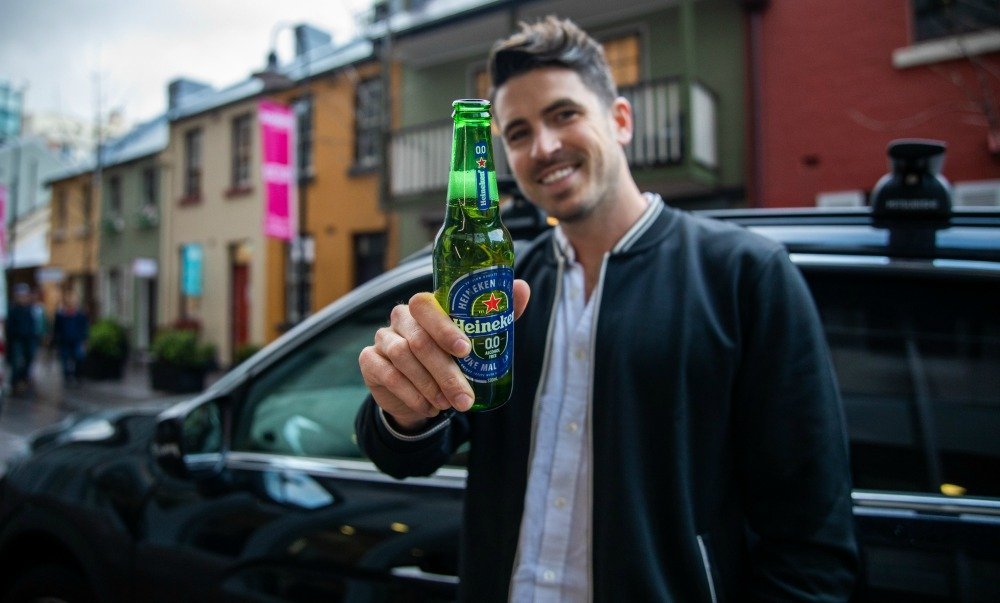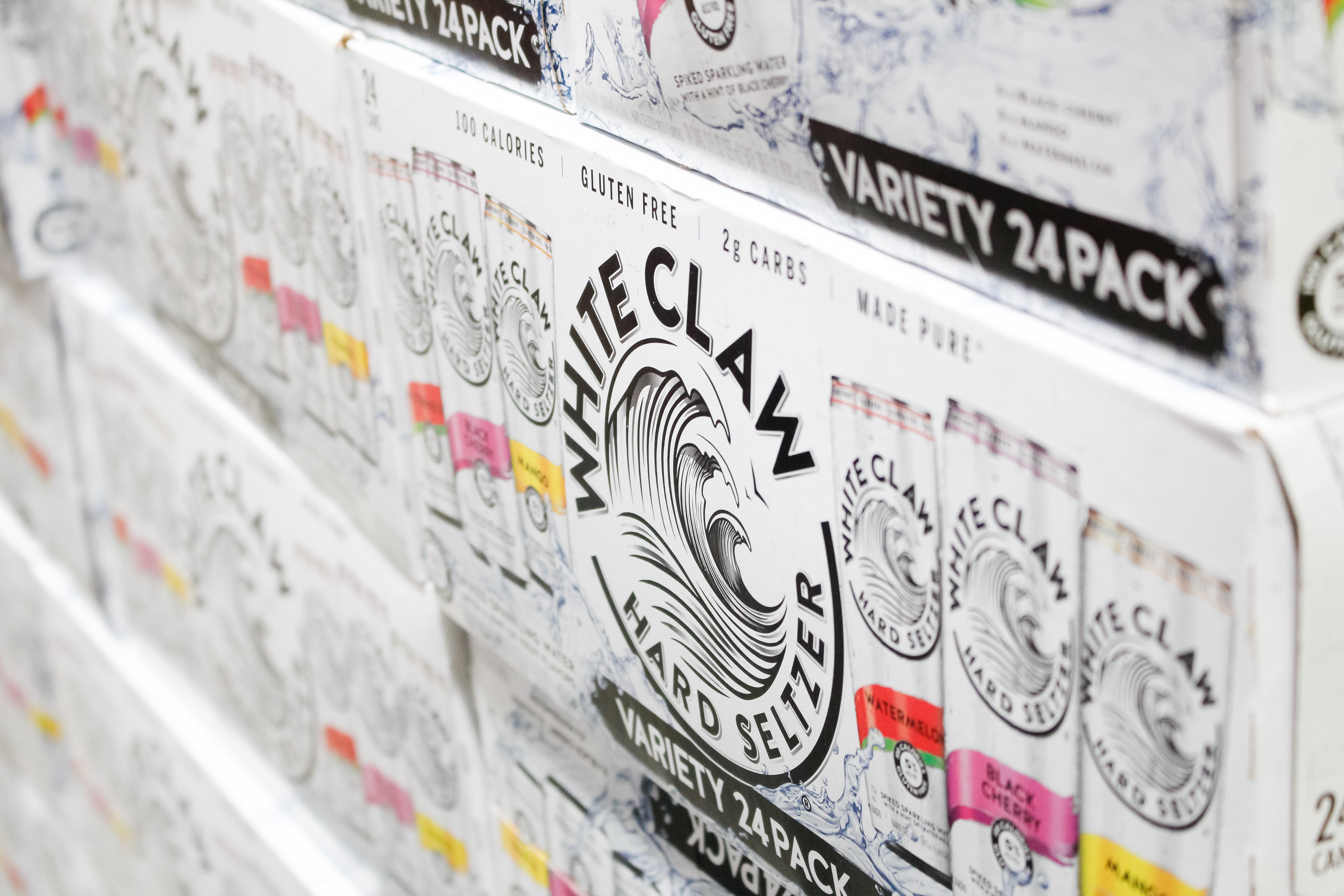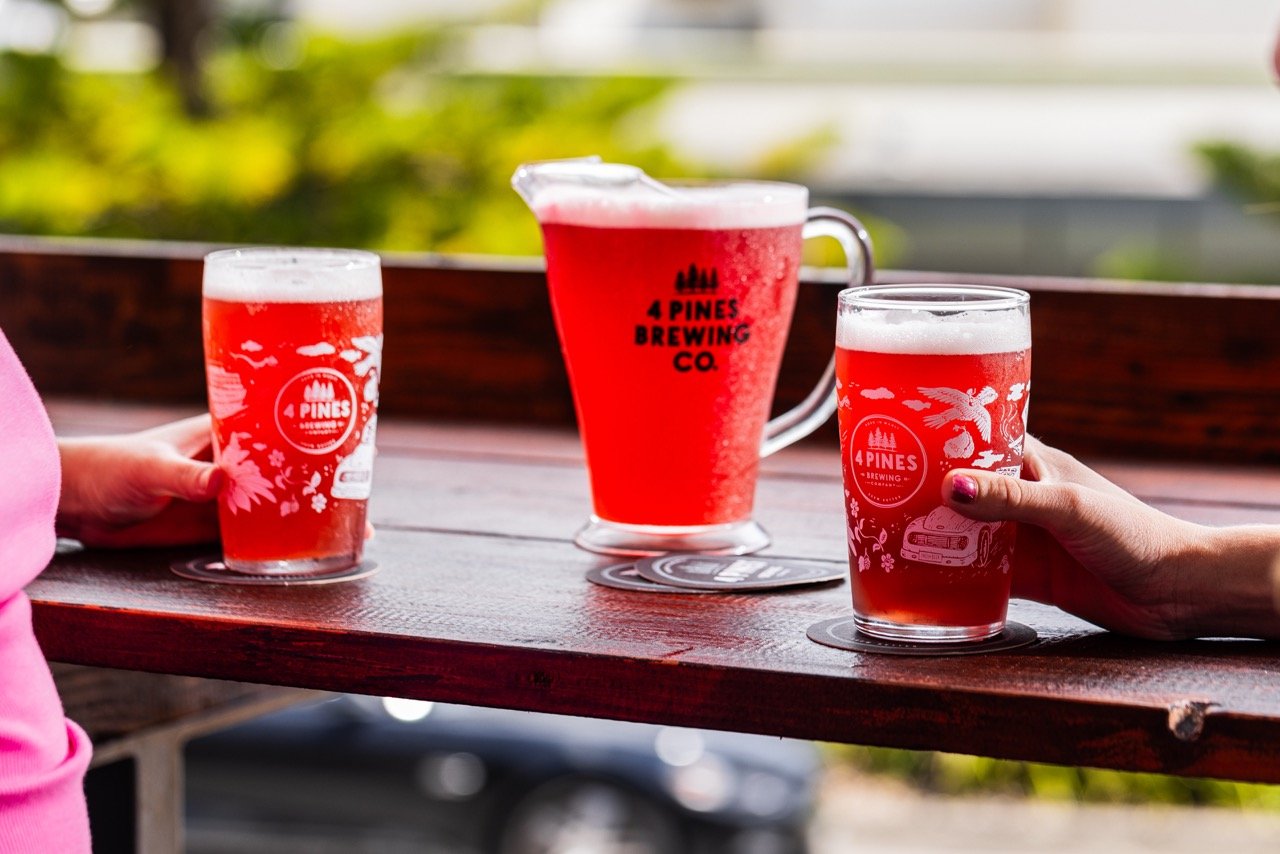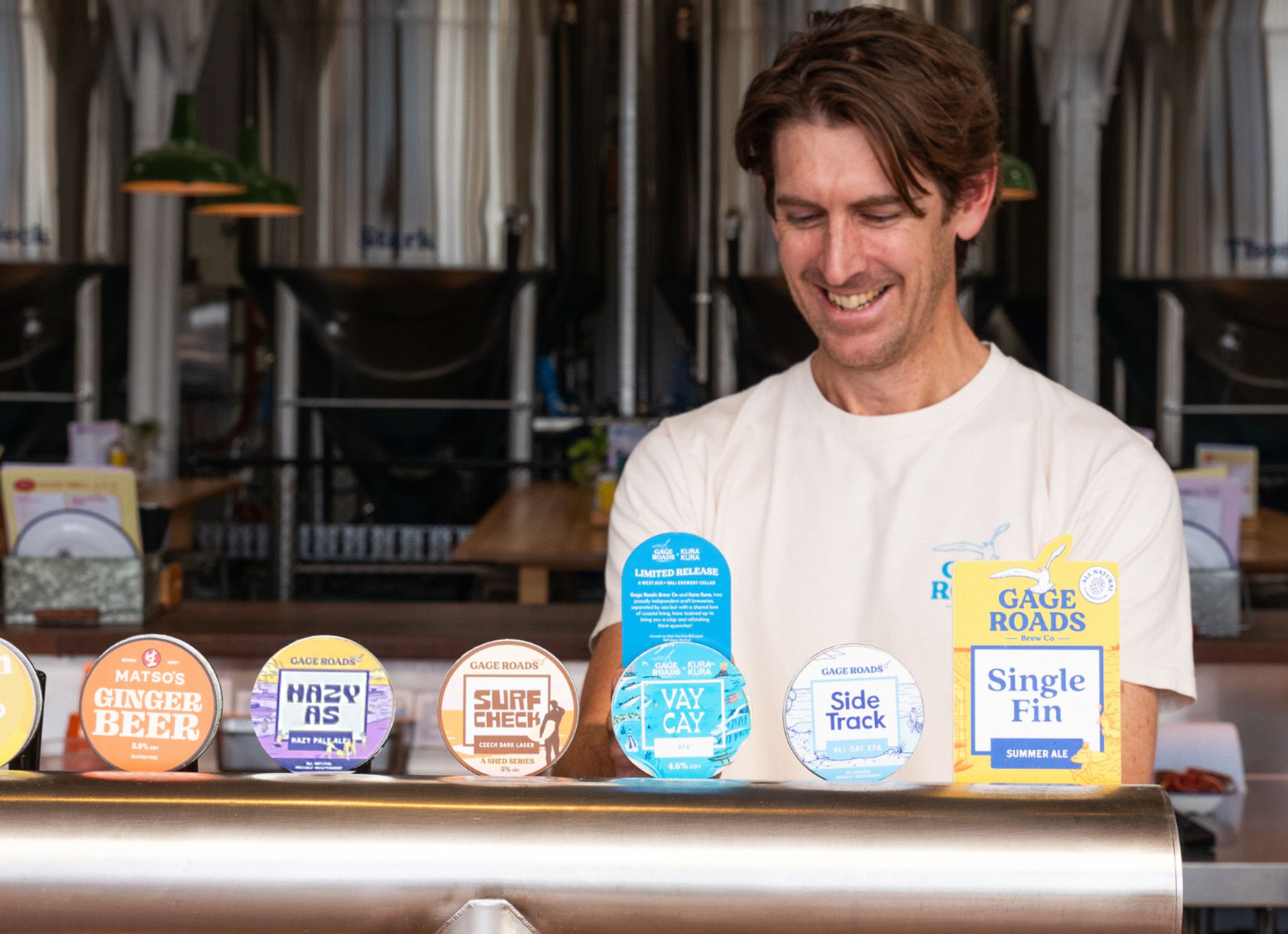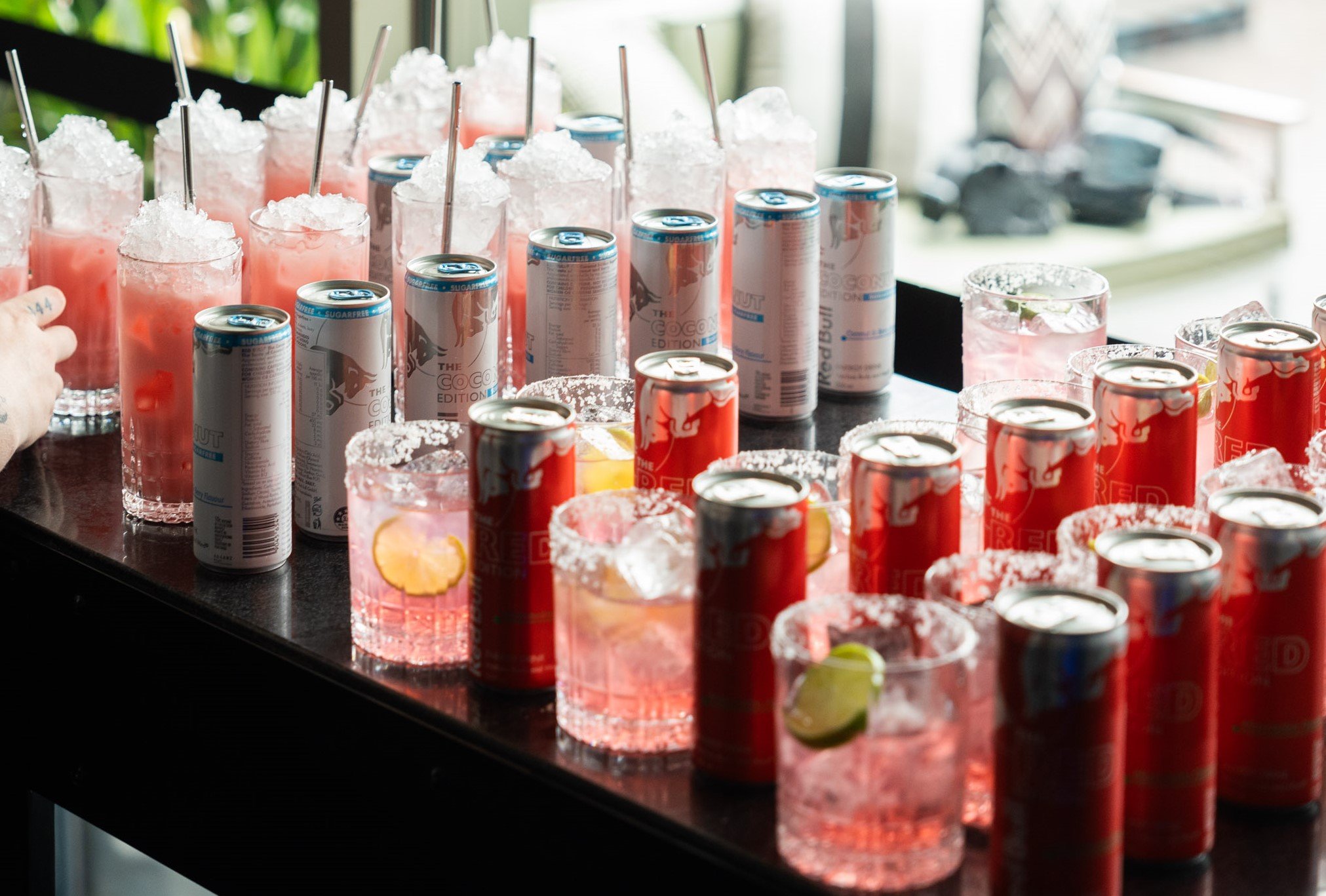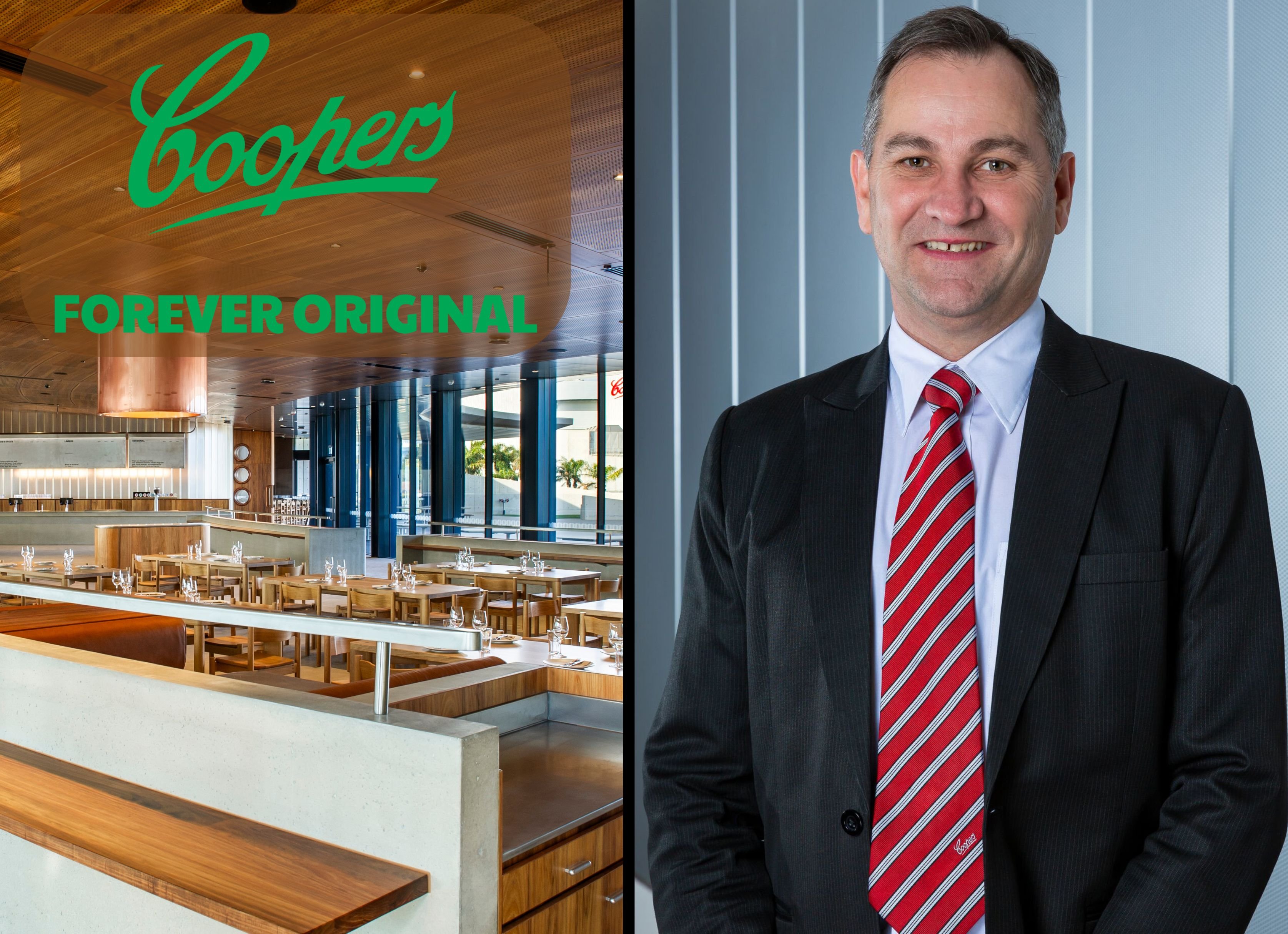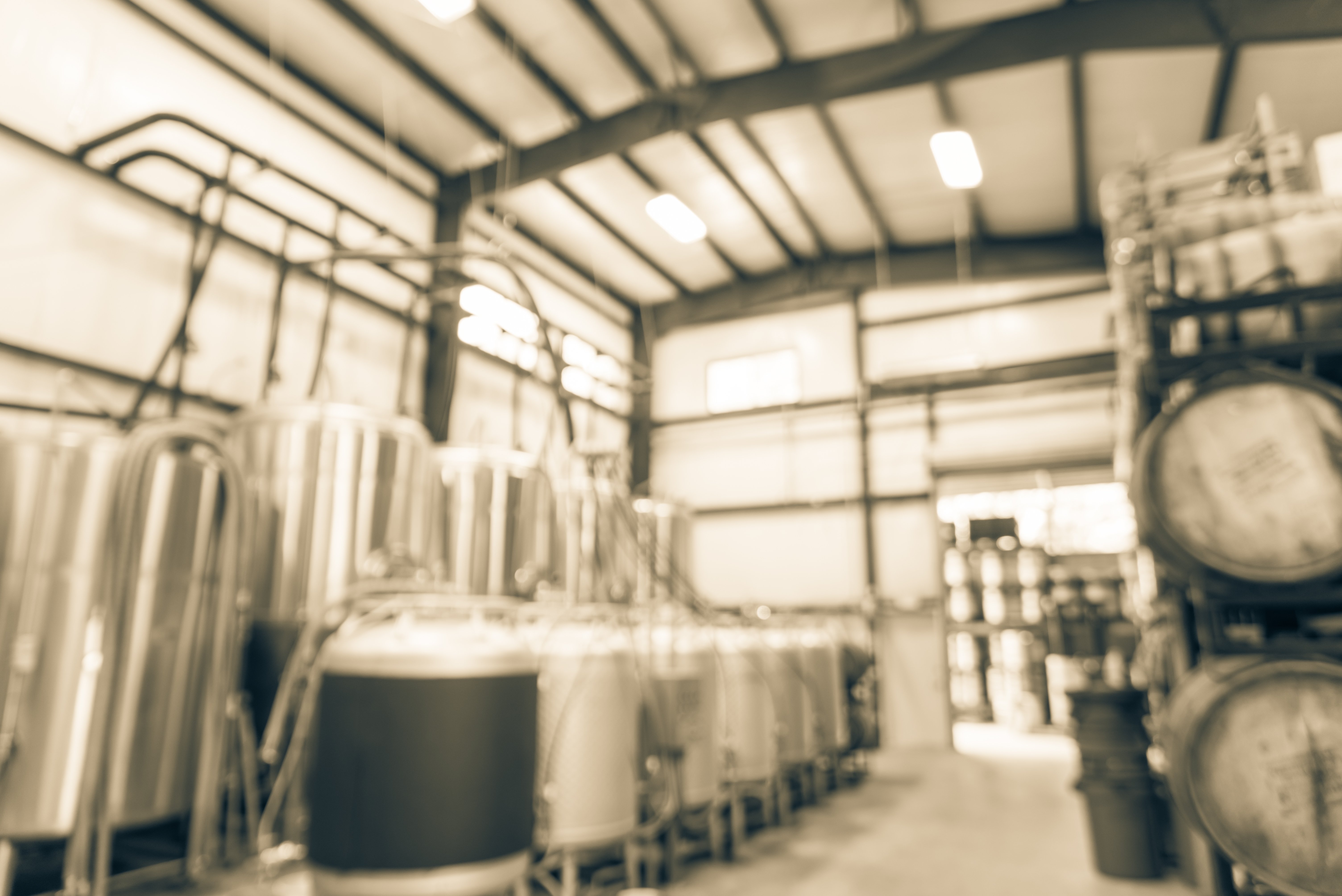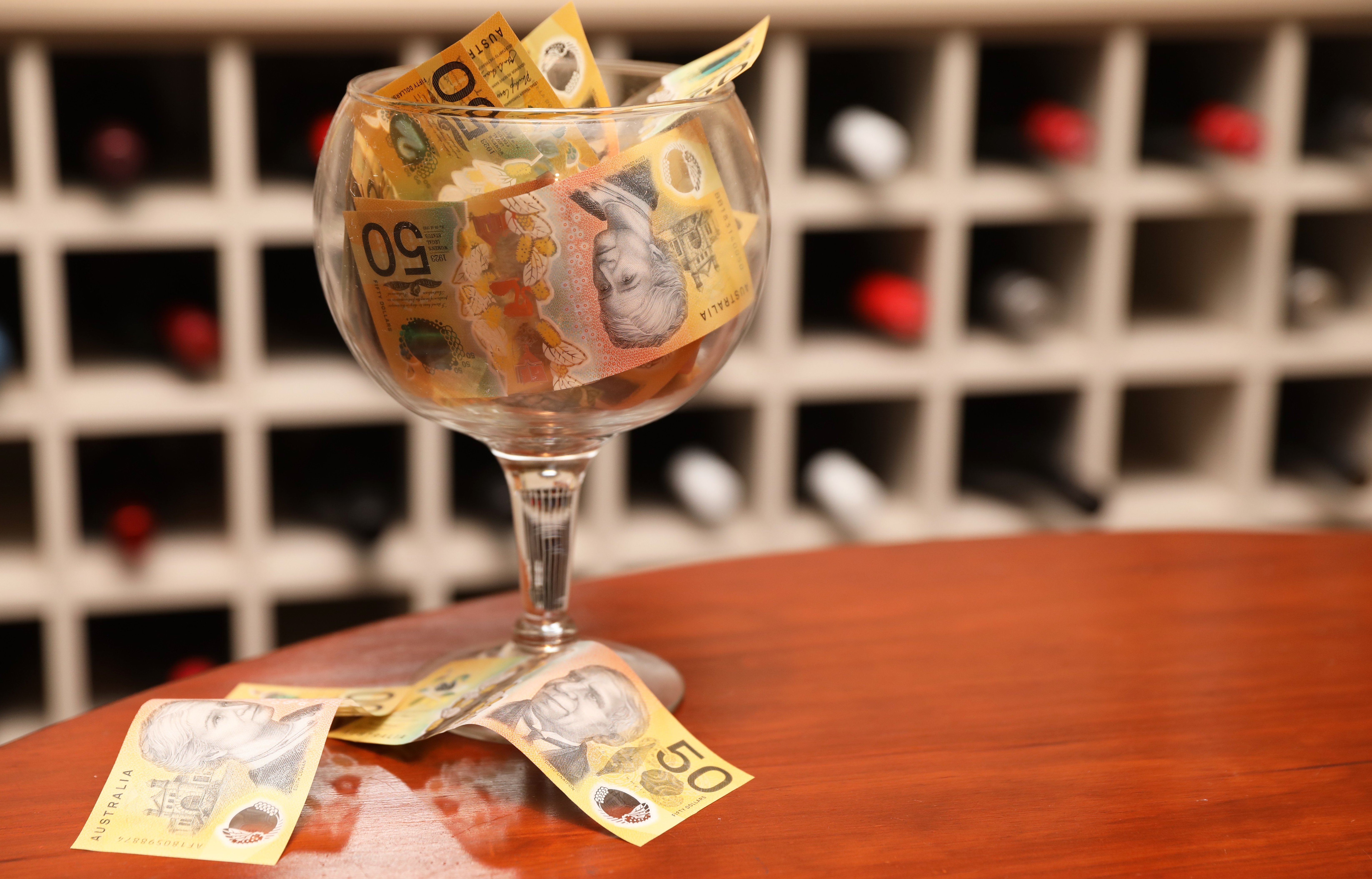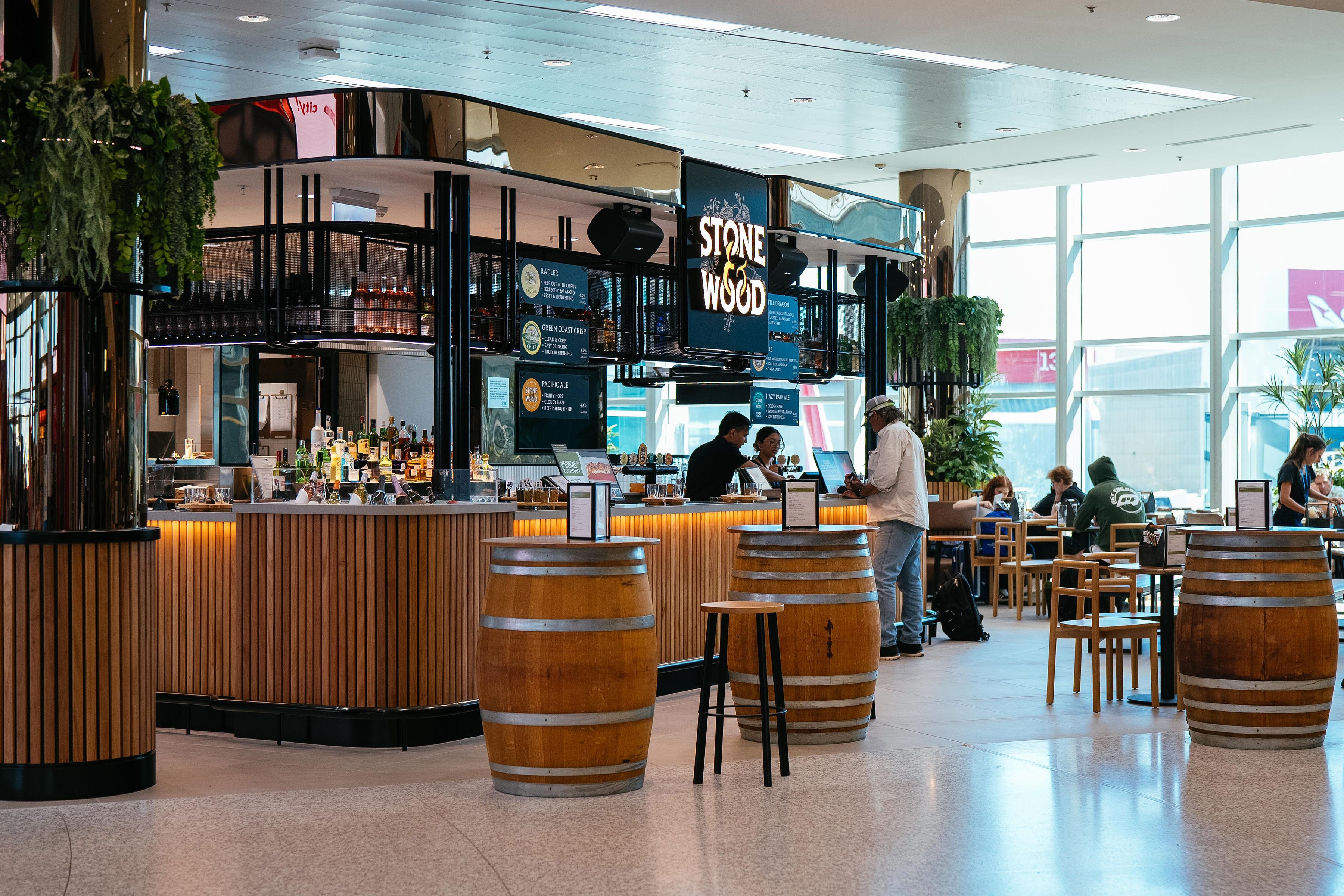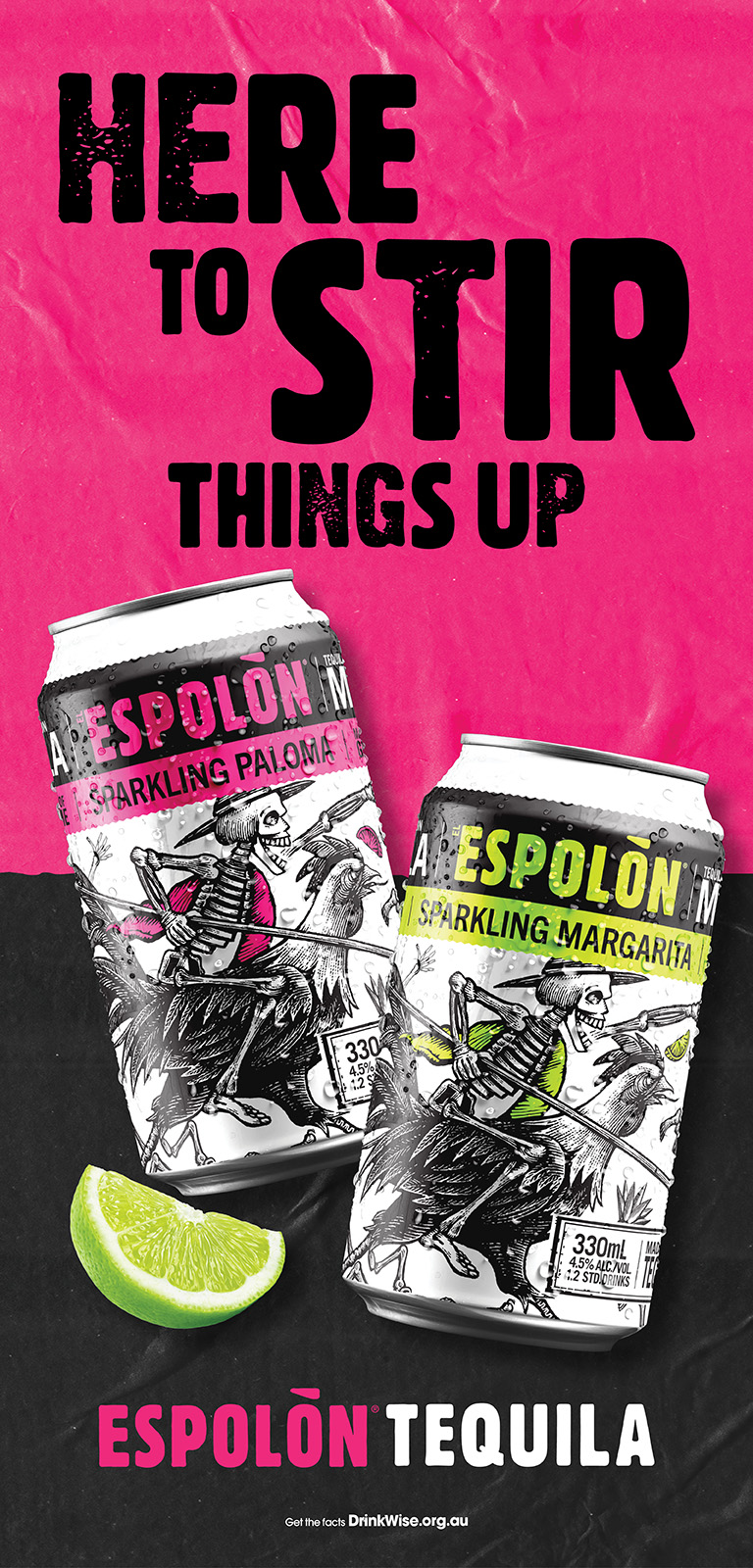Australia’s non-alcoholic sector is expected to grow at a compounded annual growth rate of 5% up until 2028, found IWSR's latest No- and Low-Alcohol Strategic Study.
This positions Australia as slightly behind the global volume growth average of of 7% over the same period, which would bring no-alcohols share of total beverage alcohol to more than 3%. By 2028, global growth in non-alcoholic is expected to deliver incremental growth in excess of USD $4 billion, approximately AUD $6.5 billion.
“As the no-alcohol category matures, consumers want more than just an absence of alcohol; They want products that deliver on taste, complexity, and overall drinking experience,” said Susie Goldspink, Head of No- and Low-Alcohol Insights at the IWSR.
“This evolution is pushing the category further, prompting brands to innovate and raise the bar in terms of quality and variety.”
Out of this growth, non-alcoholic RTDs are expected to grow faster than any other category, albeit from a lower base, at a 10% CAGR up to 2028. Next, beer is forecast to grow at 7% annually and will continue to lead future non-alcoholic growth in absolute volume terms.
Lion’s Marketing Director Rachel Ellerm says “trial remains critical to this category,” an approach that has contributed to Heineken 0.0's widespread success in Australia.
Ellerm told Drinks Trade, “Heineken 0.0’s success was driven by two things. One, it launched at a time where the trend towards moderation was growing and interest in more mindful drinks was high. Two, Heineken 0.0 offered a beer with signature taste and quality credentials bringing Heineken’s brewing credibility to the category. Put simply, it delivered on both a consumer need and it tasted great.”
In the 12 months up to June, Australia's non-alcoholic beer category grew 2.7%, positioning it as the only beer category other than Ginger Beer to still be in volume growth.
"The team focused on trial as a key pillar, and still does today which, along with its great taste, has led to the growth of the category and of the brand to date," said Ellerm.
While younger legal drinking aged consumers are expected to drive a majority of non-alcoholic growth globally, IWSR notes a significant degree of variation depending on location. This becomes even more difficult when taking also into account the influences of demographic and category.
Considered relatively brand-loyal by the IWSR, it could be said that Australian consumers are less likely to choose new brands. However, Goldspink says the picture is more complex. As it stands, 57% of Millennials currently tend towards non-alcoholic products from brands they are familiar with, compared to only 45% of Boomers.
“Younger consumers are more likely to be moderating alcohol, but they also drink less alcohol to begin with. These consumers tend to participate in a wider repertoire of no/low categories, and to be more brand-loyal,” she said.
“Older consumers are less likely to be moderating but more likely not to drink alcohol at all, and their preferences tend to be skewed to no/low beer and alcohol brand extensions.”
Additionally, IWSR recognises that factors other than alcohol moderation are becoming increasingly important in increasing NoLo consumption frequency, particularly in emerging non-alcoholic categories. Factors such as taste, availability and brand are becoming increasingly importance in categories outside of non-alcoholic beer.
One area that has experienced significant recent improvement is non-alcoholic wine. Recently named the best no/low alcohol producer globally at the IWSC Awards Ceremony 2024, Australia’s Edenvale is at the forefront of progressing non-alcoholic wine, a category that is harder to dealcoholise due to its higher average alcohol content.
“[Beer is] coming down from 4% alcohol/5% alcohol, we're coming down from effectively 13% alcohol, so there's a bigger reduction there,” Founder Michael Bright told Drinks Trade.
“[Also], the nuances in beer, whether it's more hoppy or more refreshing: there's less of a dimension to those sorts of products. Whereas, to have any credibility with the products, the varietal definition is really important for us, so we work really, really hard on that.”
//
Share the content
